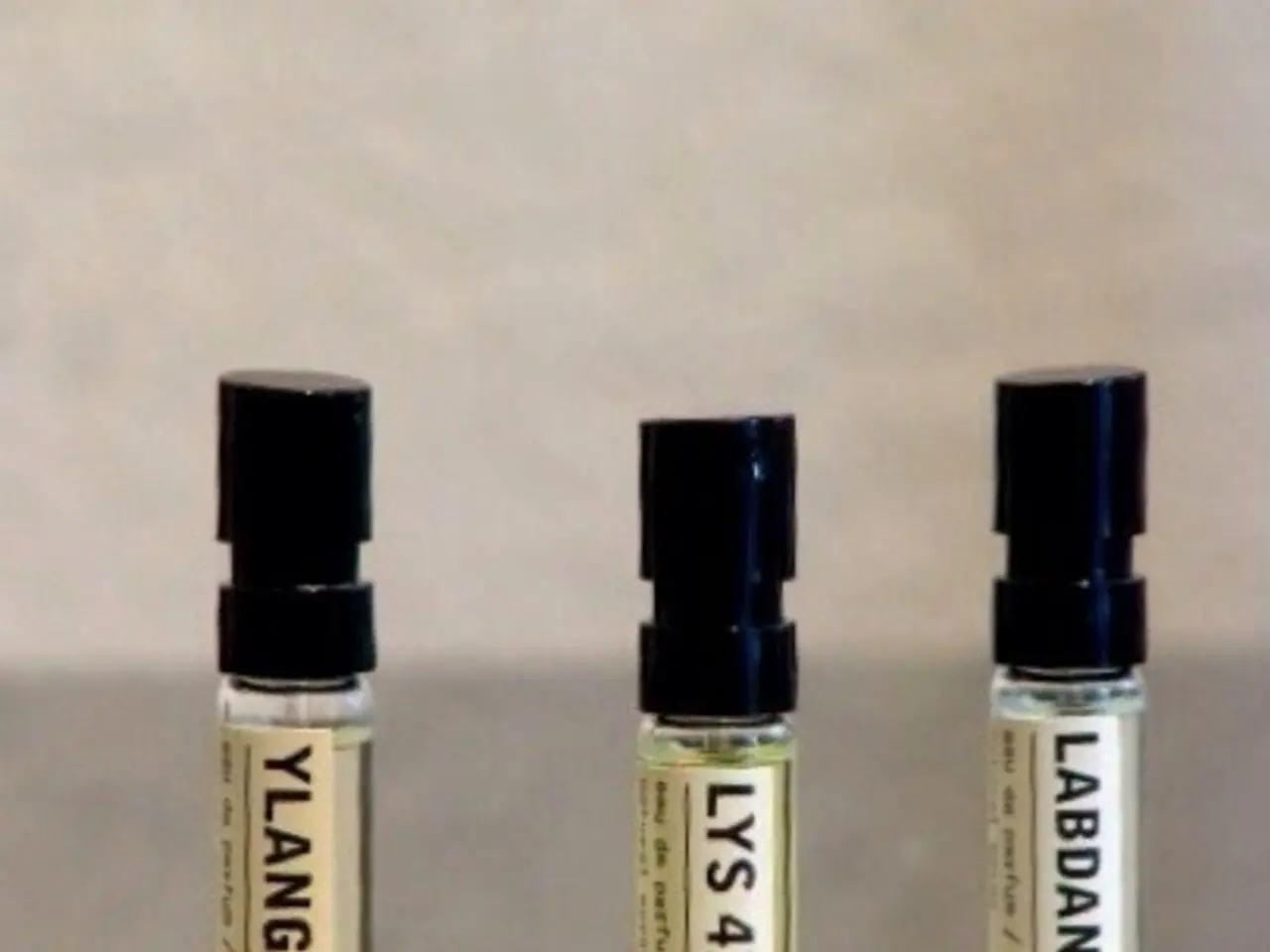Differenciating between Fragrance-Free and Unscented Products: A Breakdown of Key Differences
In the world of personal care and household products, the terms 'fragrance-free' and 'unscented' are often used interchangeably, but they have distinct meanings that can significantly impact sensitive skin and allergies.
Fragrance-Free
Products labeled 'fragrance-free' do not contain any added fragrances or masking scents. This means no perfumes, essential oils, or synthetic scent compounds are added to the product. Because no fragrance chemicals are added, fragrance-free products are generally considered better for people with sensitive skin, allergies, eczema, or fragrance sensitivities. They have a lower risk of causing irritation or allergic reactions related to scent ingredients.
Unscented
Unscented products may still contain fragrance ingredients, but these are usually added to mask or neutralize odors from other components (e.g., preservatives or raw materials) so that the product has no noticeable scent. Although unscented products may smell neutral, they can still contain fragrance chemicals, which might trigger sensitivity or allergic reactions in some individuals who are prone to irritation.
The summary table below provides a clear comparison of the two:
| Aspect | Fragrance-Free | Unscented | |----------------------|---------------------------------------|-------------------------------------| | Fragrance Added? | No added fragrance or masking scents | May contain masking fragrances | | Scent | Typically neutral (no scent added) | Neutral scent achieved by masking | | Suitable for Sensitive Skin? | Generally preferable | May still cause reactions in sensitive individuals | | Labeling Clarity | Clear indication of no fragrance usage| Can be misleading; check ingredient list |
For those with fragrance allergies, chemical sensitivities, or skin conditions, fragrance-free products are typically safer choices. It's a good idea to check the ingredient list carefully even if a product is labeled "unscented," since masking fragrances can still be present.
Choosing fragrance-free products puts consumers in control of what they bring into their home and onto their body. Despite how common fragrances are in personal care and household items, they can trigger real health effects, from skin irritation and allergic reactions to migraines and respiratory issues.
In the quest for safer and healthier products, understanding the difference between fragrance-free and unscented is essential. By making informed choices, consumers can minimize their exposure to potential irritants and enjoy a healthier daily routine.
- In the realm of personal care and household items, fragrance-free products are free from added perfumes, essential oils, or synthetic scent compounds, making them a safer choice for people with sensitive skin, allergies, eczema, or fragrance sensitivities.
- For individuals prone to irritation, unscented products may still contain masking fragrances to neutralize other odors, which could potentially cause reactions, illustrating the need for label verification or a thorough examination of the ingredient list.
- In the realm of education and self-development, understanding the disparities between fragrance-free and unscented products can empower consumers to make health-conscious decisions about the products they introduce into their homes and apply onto their bodies.
- Frequently found in personal care and household items, fragrances can evoke health effects that vary from mild skin irritation to severe reactions, including migraines and respiratory issues, demonstrating the significance of choosing fragrance-free options.
- By opting for skin-care and lifestyle products labeled fragrance-free, consumers can promote science-driven advancements in personal care, fostering a health-and-wellness–focused environment and engaging in practices conducive to personal growth.




